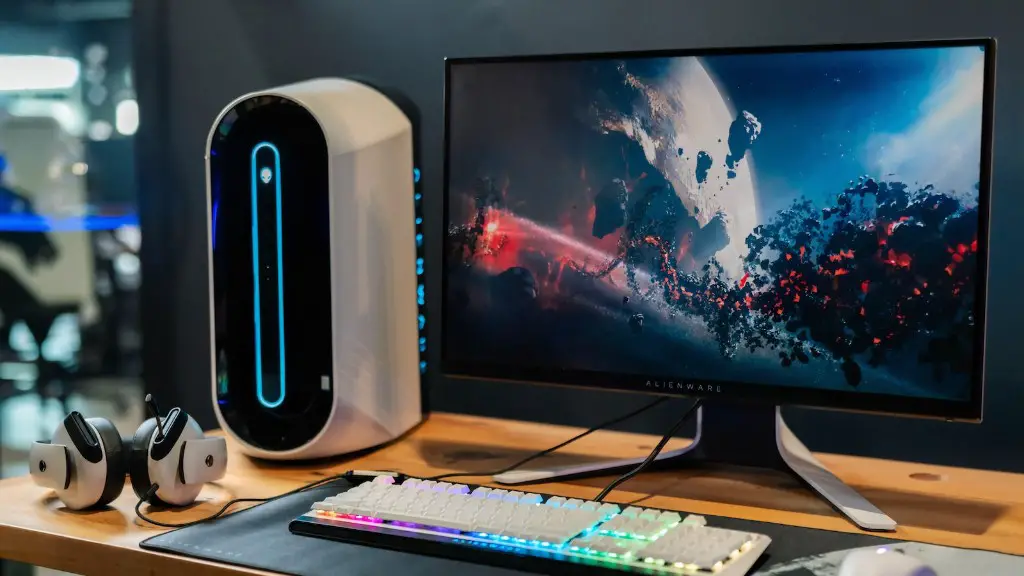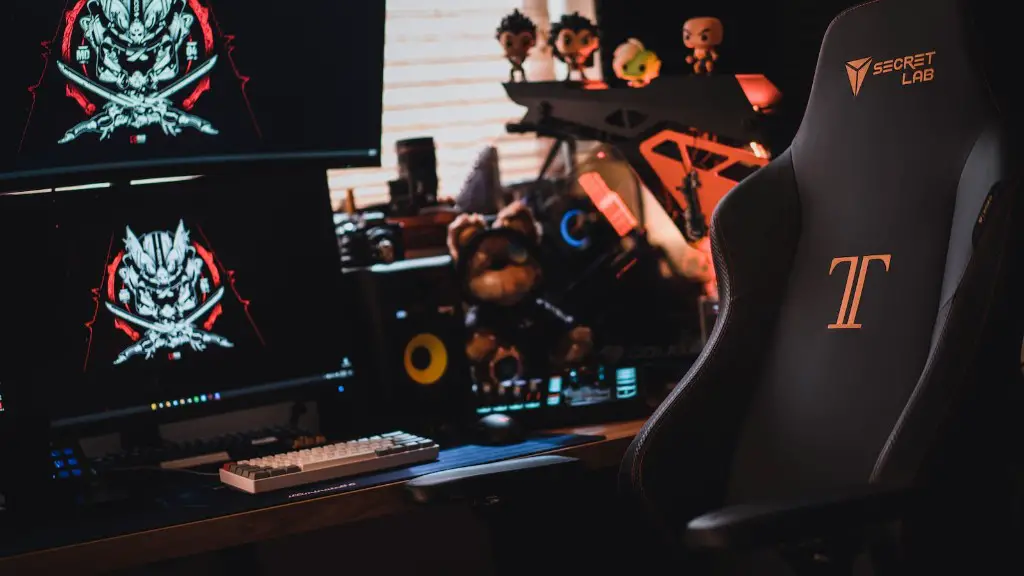The debate around how much to spend on a gaming PC is complex and varied. With so many unique components, configurations and products on the market, it’s hard to know exactly how much to spend. Fortunately, there are a few factors to consider that’ll help you decide. Firstly, consider the type of games you play. If you’re an RPG fan, you may prefer a powerful CPU and GPU to reduce lag time and enhance graphics. If you’re a strategy gamer, you may be less concerned with graphics and more focused on raw processing power. Secondly, consider your budget. Set a limit for yourself and decide whether you need a dedicated GPU for graphics-intensive games or if you’ll suffice with an integrated graphics solution. Thirdly, consider the potential to upgrade the components. If something becomes outdated after a few years, it’s good to know which components can easily be upgraded so you don’t have to buy a new PC each time. Fourthly, consider the main components like CPU, RAM, and storage. Look at their specs and read reviews to get an idea of pricing. Fifthly, shop around and try to get the best price for the spec you want. Look for deals, compare retailers and read user feedback to ensure you get the best value. Lastly, consider aftercare, like warranties and customer service. If the PC fails or you need technical support, make sure the seller offers a good service.
CPU
When deciding how much to spend on a gaming PC, the CPU should be at the top of your list. If you’re looking to play graphically-intensive games and reduce lag, you’ll need to invest in a powerful CPU. Make sure you shop around and compare specs, prices and user reviews. If you’re looking for a more budget-friendly option, an AMD Athlon or Intel Pentium processor is ideal. However, for the ultimate gaming performance, an Intel Core i7-10700K or AMD Ryzen 9 3900X is preferable. Don’t just go for the most expensive CPU, however; make sure it has enough power to support your games.
RAM
When looking at gaming PCs, you should also consider the amount of RAM. This determines how many tasks your gaming PC can manage at once. Generally, most gamers will get by with 8GB of RAM, but if you want to experience the best performance, look for DDR4 with 16GB or more. Another option is to invest in an SSD, which offers faster memory access compared to traditional hard drives. This can help reduce game loading times.
Storage
When considering how much to spend on a gaming PCs, the storage capacity is an important factor. You won’t need much if you only wish to play a handful of games. However, if you have many games you wish to install and play, it might be worth investing in a larger capacity HDD or SSD. Additionally, if you make videos or capture photos, you may want to look at a larger storage size.
Graphics Card
The graphics card is an important factor to consider when selecting a gaming PC. A dedicated graphics card will provide the best performance, but these can be expensive. If you’re after something cheaper, look for an integrated graphics solution. This will provide some graphical capabilities, but won’t be as effective as a dedicated card. You should also consider future-proofing by getting enough memory and features to allow you to upgrade later on.
Customisable
Finally, consider how customisable the PC is. Many gaming PCs come with custom parts that you can’t change. This can be useful if you want a complete package with everything you need, but it can be expensive if you want to upgrade the components later. If you have more money to spend, look for gaming PCs with customisable parts like RAM slots, CPU sockets, and graphics cards.
Cooling System
A cooling system is essential if you want your gaming PC to work well. Without a cooling system, your PC could overheat and the components won’t perform at their best. Look for an effective system that offers airflow, fans, and a temperature regulation system. If you can afford it, invest in a liquid cooling system, as this offers more efficient cooling than traditional air cooling.
Fit For Purpose
When deciding how much to spend on a gaming PC, it’s important to make sure it’s fit for purpose. If you know exactly what games you’re going to play, make sure the components you buy are suitable. For instance, if you know you’re going to play a game that requires a powerful GPU, make sure you invest in one that can support the game. It’s better to get the right components now rather than upgrading later, as this can save you money in the long run.
Peripherals
In addition to the main components, don’t forget to consider other peripherals, such as a monitor, keyboard, mouse and speakers. Your gaming experience can be greatly enhanced depending on the quality of these components, so make sure you do your research before investing. Generally, you should try and get the best quality peripherals you can afford, as they can make a huge difference to your gaming experience.

